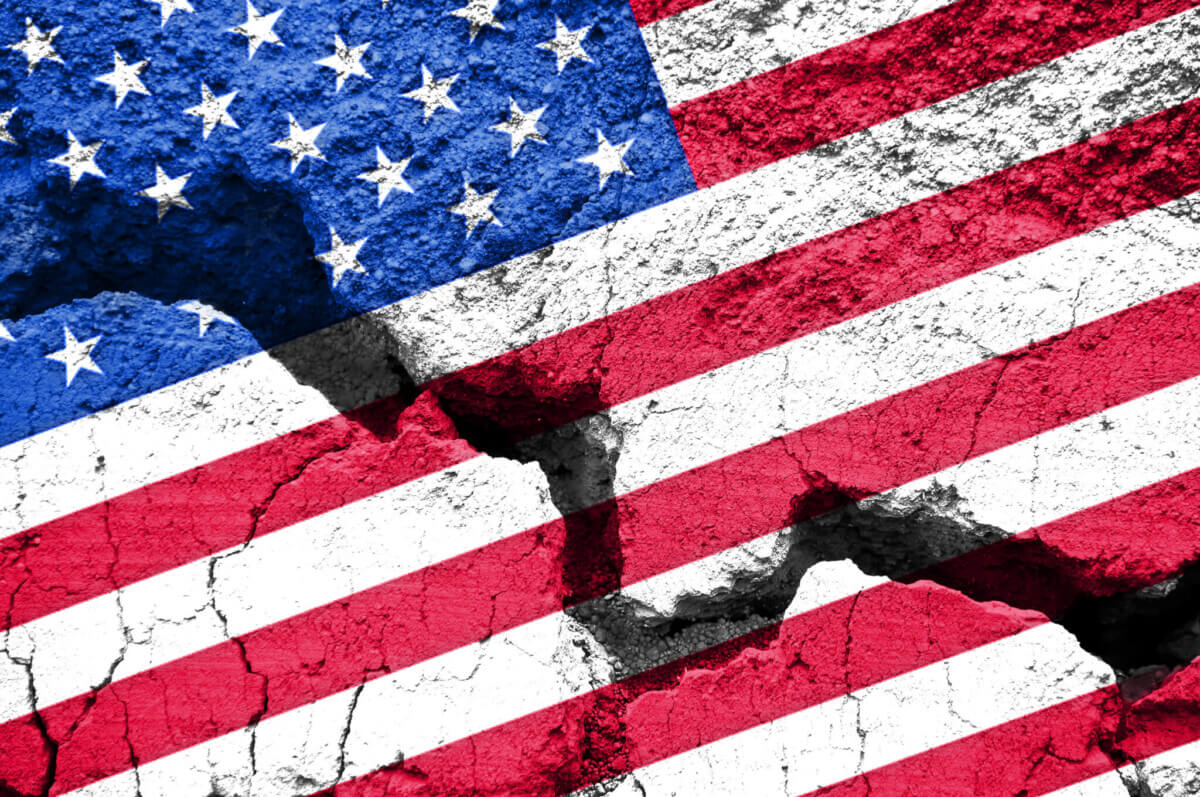
(© Delphotostock - stock.adobe.com)
HANOVER, N.H. — When American democracy appears to falter, the entire world takes notice. Researchers at Dartmouth College have found that foreign interference in U.S. elections can erode faith in the United States as a reliable and trustworthy ally abroad.
More specifically, study authors point to Russia's suspected interference in the 2016 U.S. presidential election as having international ramifications.
“Much of the literature on the weakening of American democracy has focused on internal origins, such as the polarization of political parties,” says study co-author Yusaku Horiuchi, a professor of government and the Mitsui Professor of Japanese Studies at Dartmouth, in a media release. “Yet, our study is the first to report on how foreign interference in U.S. elections affects the public opinion in an important U.S. ally, Japan, while also providing new insight into how democratic backsliding by external influences can impact international relations.”
The 2019 report put together by Special Counsel Robert Mueller concluded that, “the Russian government interfered in the 2016 presidential election in sweeping and systematic fashion,” both via social media campaigns and by actively hacking materials in order to discredit then-presidential candidate Hillary Clinton.
How do America's closest allies view political turmoil?
To gauge how this interference may have influenced perceptions of the U.S. abroad, Horiuchi and co-author Benjamin Goldsmith, a professor in the School of Politics and International Relations at the Australian National University, surveyed about 2,600 Japanese citizens in December of 2019.
Survey participants were randomly assigned to one of the three groups. The first group received information stating that election interference reduced American democracy. Meanwhile, the second group received information stating it did not reduce American democracy and the final group did not receive any information before proceeding to the survey questions.
The subsequent survey focused on the Japan-U.S. alliance specifically, measuring respondents' opinions on America as an ally regarding both trust and effectiveness. The group was asked if they believed the U.S. would really defend Japan in the event of invasion, war, or another crisis, or if the U.S. is even capable of defending Japan effectively.
Each person could choose one of four responses to the questions: not at all (1), not very much (2), a fair amount (3), and a great deal (4). Researchers then performed a statistical analysis to review all the collected data.
Results suggest Japanese citizens’ faith in the U.S. as an ally is much higher when they believe its democracy is functioning versus not functioning. Moreover, participants weren't as confident the U.S. could effectively defend Japan after receiving information stating that electoral interference was successful in hindering American democracy.
America's ‘soft power' is in doubt
Study authors explain that the United States is seen as a leader of the democratic, western world, and that image is an integral part of the foundation for public support for an alliance and is fundamental to America’s “soft power,” a term first coined by Harvard political scientist Joseph Nye referring to a nation's ability to get things done without the actual use of force or coercion.
“If the U.S. appears as if it cannot defend itself against foreign election interference, it may look weak and allies may begin to question whether the U.S. can be an effective ally,” Prof. Horiuchi concludes. “Our findings provide evidence that successful electoral interference by another country also has international security implications.”
Moving forward, researchers plan to continue investigating this topic. They are currently working on a large cross-national survey aimed at a better understanding of how U.S. democratic backsliding due to domestic actors may affect foreign public opinion of the United States.
The study is published in the European Journal of International Relations.










